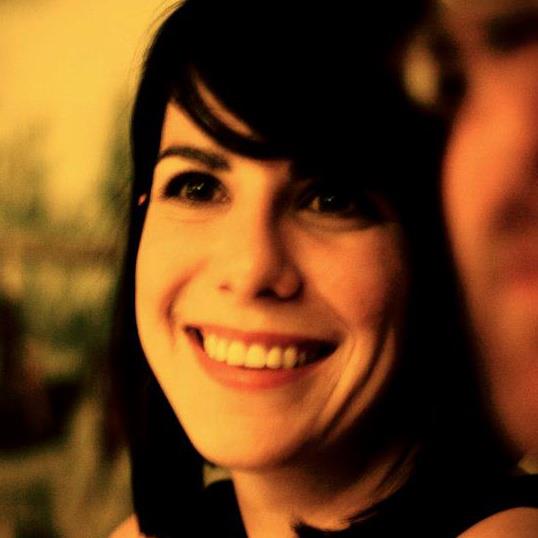
Ceremony is this week's novel for "Ideas of the Western", and it fits into our section on "revisionist Westerns". Ceremony is quite different from the other books that we've read so far in that it is the only book on our syllabus to be written by a Native American author, and because it focuses on issues that we haven't come across yet- the Vietnam War and recovering from post-traumatic stress disorder.
Tayo is a half-native man of the Laguna tribe in New Mexico who has just returned from the Vietnam War. He signed up to protect his cousin, Rocky, the family favourite, from harm overseas. However, Tayo is captured by Japanese soldiers while trying to carry an injured Rocky to safety, and Rocky either dies or is killed by a Japanese soldier (we're never quite sure). As well, when Tayo is forced to execute Japanese soldiers, he believes that one of them is his uncle Josiah, who on a rational level he knows is still back in New Mexico, but who he can't help but feeling like he has killed.
I think what interests me most about Ceremony is how relevant it is to issues that are going on today. This Monday's Maclean's has a cover story about soldiers coming back from Afghanistan and trying to reintegrate themselves into society, which is exactly what Tayo is trying to do. However, he has the additional difficulty of having been treated as an equal by white people while he was a solider, but having to go back to being treated as a second-class citizen now that he is just a Native war veteran. As well, much of Tayo's journey towards recovery is also a journey toward healing his country from the ills inflicted on it by wasteful and greedy white characters. What is making Tayo ill is not just the experience of the war, but the imbalance that he sees between what the land can offer and what white people are taking from it. His people, who know the secret of living in harmony with the land, have been pushed onto reservations and into poverty, while the white ranchers, farmers, and city dwellers take everything that they can.
This is something that I've really been thinking a lot about lately. There is this fascinating online quiz that measures your ecological footprint; I took it recently, and although I live a fairly minimal lifestyle, at least by North American standards (I live in a 700 square foot apartment that I share with someone else, I don't have a car, I don't fly very often, and I don't use a lot of electricity), we would still require three planets to support us if everyone lived the way that I do. It is really a wake up call. And this is part of what is making Tayo sick. His surroundings are completely out of balance, and that is reflected not only in the land, but in the war, and in his illness.
Ceremony is a fascinating look at a culture that seems to make a lot more sense than ours does a lot of the time. Tayo, through the medicine man Betonie, comes to understand that in order to make himself well again, he must address the imbalance that exists in society around him. He does this by reclaiming his Native identity, and rejecting his white one. He stops drinking, refuses to sleep around like his other war veteran friends do, refuses to return to the veteran's hospital, and reclaims Josiah's cows from the white rancher who stole them when he died. At the end, Tayo is breeding a new kind of cow that can live with very little food and water- a pretty good symbol of how we should perhaps be breeding our new generations so that we don't end up completely consuming our planet.









No comments:
Post a Comment